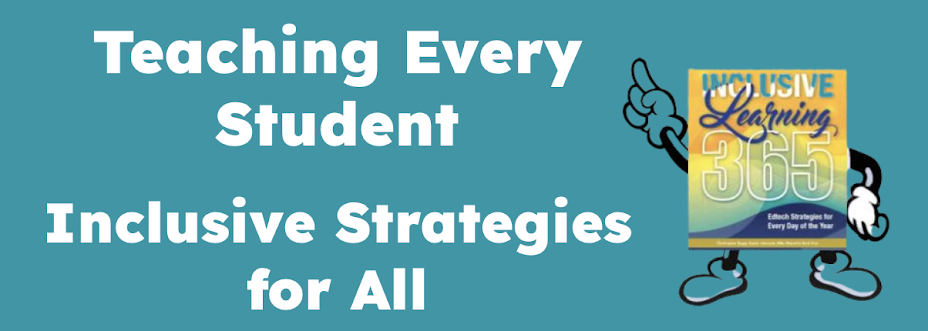That one size fits all works when it comes to teaching our students. Isn't this just uninspired teaching? What are the long term effects on student's attitudes toward learning and school? The consequences are too great. Triple blast this one.
TTWWADI. Demolish the "That's the way we've always done it" pervasive and unwritten rules that permeate our schools, unless they are based upon sound, effective educational principles that work.
That paper provides the only way for students to demonstrate what they have learned. Multimedia tools (and I'm not just talking Powerpoint) provide new opportunities for students to demonstrate synthesis, application and understanding. Relying on paper-based methods (essays, quizzes, tests) present obstacles to success for too many students. it is imperative we offer choices.
That it's Ok to be a technologically illiterate teacher. Still in doubt? R
 eview Karl Fisch's blog post from September, 2007.
eview Karl Fisch's blog post from September, 2007.That students on the autism spectrum have obsessions and perseverations. Let's reframe the discussion and recognize the fascinations, strengths and areas of expertise. Reframing the discussion allows us to teach more effectively. A great resource for implementing this model is the book, Just Give Him the Whale, by Kluth and Schwartz.
That it's either remediation OR compensation. This one's easy. It has to be both. When an eighth grade student is reading at a fifth grade level and needs access to grade level text the only way to do this independently is to use compensation techniques. If you are withholding this information as an educator, it's time to reconsider your profession. Every student must be shown the numerous text-to-speech tools which will compensate for their struggles with reading. The student can then decide which tools work best for them.
The term "digital immigrant." This term has been used as an excuse for resistance to change. I can state that as a could be a card-carrying "digital immigrant." (I remember the first moon landing, when JFK was assassinated, "breaking the sound barrier" and our first color TV. Do your credentials stack up?) Instead replac
 e it with "digital ninnies," a term coined by Gary Stager in his blog post, "Tech Insurgents: Do Your Teachers Need a Computing IEP?"
e it with "digital ninnies," a term coined by Gary Stager in his blog post, "Tech Insurgents: Do Your Teachers Need a Computing IEP?"That it's ok to scribe for a student with written expression difficulties. It breeds learned helplessness and passivity. Encourage independence using recording features in Word, online recording features in new media tools, use word prediction or speech recognition tools. (Talk to your local assistive technology specialist for additional ideas).
Are there any I missed? Absolutely. So feel free to add your own.
Sign photo credit: http://www.ricesigns.com/real_pictures/blasting_zone_construction_signs.jpg
